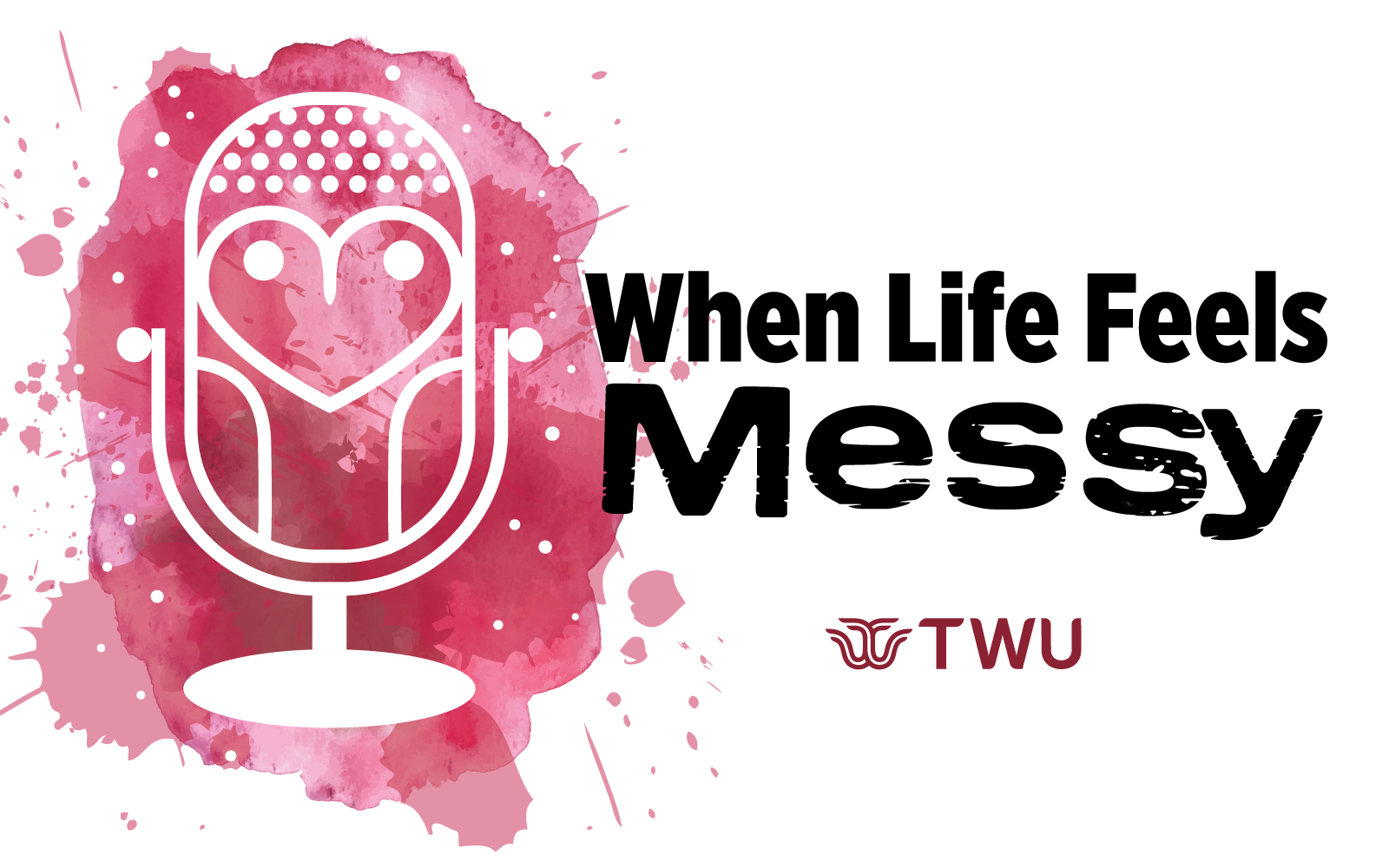On the next line, you're going to read something that might be scary...
MIDTERMS ARE HERE
Let's just take a second to validate any and all feelings that come up when you read that. The midterm scaries are a real thing and can bring about a lot of fear and spooky vibes.
It's a totally normal thing to feel stressed about midterms, but sometimes that stress can be overwhelming and come with a lot of self-doubt, anxiety symptoms, focus and motivation issues, and overall unpleasant feelings.
As we enter into midterm territory, we want to offer some helpful reminders and tools to utilize, so that you don't come out of this as a zombie...
First thing to combat the feelings of being overwhelmed or not knowing what to start studying, do a brain dump. Make a list of everything that is swimming around in your mind, especially the things causing you to feel stressed, anxious, or overwhelmed. Doing this allows you to check-in with yourself and shed light on the things that impacting you the most. Make the list, take some deep breaths and walk away, then come back to it, knowing the goal isn't to create a to-do-list or tackle every thing on it, but rather to get a better understanding of what's going on in your mind and contributing to your stress. It can also be very insightful to see what the narrative about yourself, your worth, and your abilities are, because a lot of time negative self-talk is a main culprit.
Second, break down the list you created into smaller and digestible tasks. Start small and focus on the things that you can accomplish and knockout in a few minutes or shorter amount of time. Something helpful we share with students is the use of the Pomodoro method for studying or working through assignments. This method allows for your brain to process information and relax before you start back up again.
Third thing, we know that it probably feels like you have a million of things to do, such as assignments, projects, exams, fieldwork, etc., and the stress of feeling that there's not enough time in the day to get everything done can make you feel worse. Because of this, we encourage you to prioritize your time by making a visual list of deadlines and dates for everything and then use this list to play your time backwards. Prioritize your work based on the deadlines and amount of time completing each task will take you and then make a schedule that you commit to and work on each task.
Fourth thing, remember that in feelings of overwhelming stress, taking care of our basic needs tends to be the first thing to go out the window. To avoid this, an easy acronym to remember is HALT: Hungry, Angry, Lonely, or Tired. If you answer yes to any of these, that's a flag to indicate you need to take care of that need first in order to be productive at studying or finishing assignments. No matter what the narrative that's been pushed on you says, pushing yourself to the limits and ignoring your basic needs to "keep grinding" is not sustainable or healthy and is the quickest way to burnout.
- Hungry - eat regularly to keep up your energy and motivation; pack snacks and prepare meals in advance; set a timer to remind to eat and take meal breaks
- Angry - agitation, anger, and frustration are common when stressed, but processing this in a healthy way is important; participating in physical activity, movement, meditation, and creative outlets are a great help and make time to enjoy activities that help with these unpleasant emotions
- Lonely - feeling alone or isolating tends to be a coping mechanism when we don't feel understood or have withdrawn into ourselves; check-in regularly on if you've reach out to your support people and make time to be social or connect with a mental health provider, such as your awesome CAPS team!
- Tired - say it with us "PULLING ALL-NIGHTERS IS NOT HELPFUL OR PRODUCTIVE"; prioritizing your sleep is vital during this time and throughout the semester; put away devices at least one hour before bed and take power naps throughout the day when needed


Comments
Post a Comment